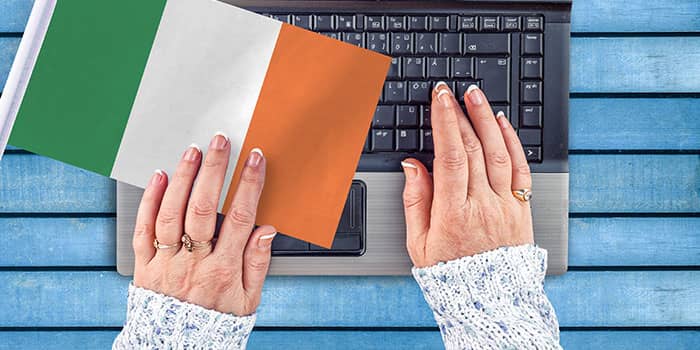Sen. Brandes Files 3 Sports Betting Bills in Florida

Florida’s Jeff Brandes files three bills to be discussed next year and potentially lead to state-wide legalization of online and retail sports betting.
Senator Brandes Introduces Three Bills
Florida Senator Jeff Brandes has submitted a trio of bills ahead of the new legislative session. Sen. Brandes filed the bills on Monday, November 18, looking for the establishment of regulated gambling in the state – both by state-owned lotteries and private businesses.
SB 968, SB 970 and SB 972 will seek to legalize sports betting both at retail venues such as casinos and iLottery kiosks, and online, with the mobile segment proving the most lucrative vertical in other states, including New Jersey and Pennsylvania.
None of the bills will be acted upon immediately but instead Florida lawmakers will have until next year before they examine them.
What Are Sen. Brandes’ Bills?
The bills seem to be complimentary to each other and outline slightly different scenarios for the potential legalization of the industry.
Under SB 968, the Department of the Lottery would become the governing body for all sports betting-related activities and be tasked with working out a legal framework.
This would include choosing a maximum stake as well as the types of sports state residents can bet on.
For example, most sports betting bills usually allow betting on all forms of professional sports events, but might exclude some collegiate events, and specifically those involving state teams.
Another possible vertical up for debate is electronic sports – or video games played competitively. The bill further specifies:
“[…] a licensee may have individually branded websites for the purposes of offering a sports pool, each of which may have an accompanying mobile application bearing the same brand.”
In other words, a single operator may hold multiple online skins, similar to what’s happening in Pennsylvania.
Proposed Taxation
Under SB 970, all parties interested in applying would need to meet a $100,000 licensing fee first. They will similarly meet a 15% tax on Gross Gaming Revenue (GGR), a rather modest rate.
The present legalization attempts are a result of a referendum held in November 2018 when state voters agreed that legalizing sports betting needs to be voted on during a referendum.
A vote may be brought up on November 2020, after a similar move was used by Colorado looking to find funds for the state’s water plan.
Tribes and Budgeting
Meanwhile, the Seminole tribe tried to achieve an understanding with Florida lawmakers, allowing the tribal operator to run various sports betting operations at Hard Rock casinos. However, the state also allowed pari-mutuel operators to set-up betting kiosks.
The rate offered by lawmakers wasn’t satisfactory to the tribes and negotiations have stopped – leaving the state without the cosy option of relying on gambling revenue.
Florida’s Governor, Ron DeSantis published his budget of $91.4 billion without factoring any gambling revenue, as the administration is preparing to rely on other sources of funding instead.
One issue of concern is that Seminole may have too much clout in politics and enough power, so if the tribe doesn’t agree to a potential commercial legalization of sports betting, it could throw a spanner in the works.
Walt Disney Co. is another anti-gambling campaigner, with the company committing a pretty penny to make sure that Florida ‘isn’t the next Las Vegas.’
Simon is a freelance writer who specializes in gambling news and has been an author in the poker/casino scene for 10+ years. He brings valuable knowledge to the team and a different perspective, especially as a casual casino player.



1 Comment
Wow! What a shock, Disney opposes gambling in Florida!